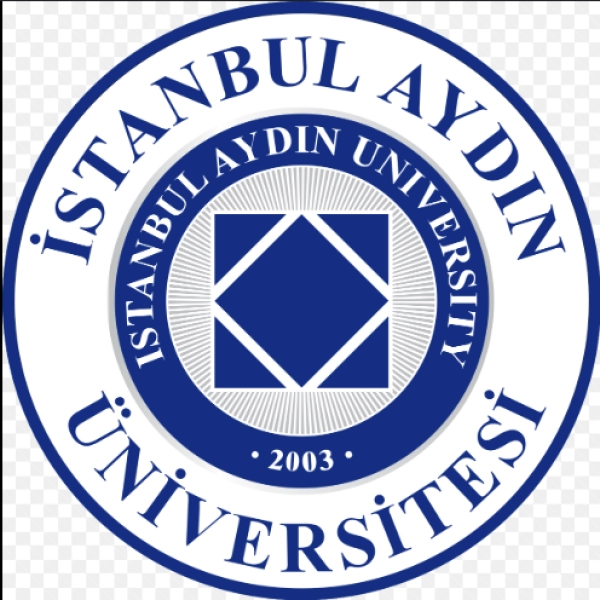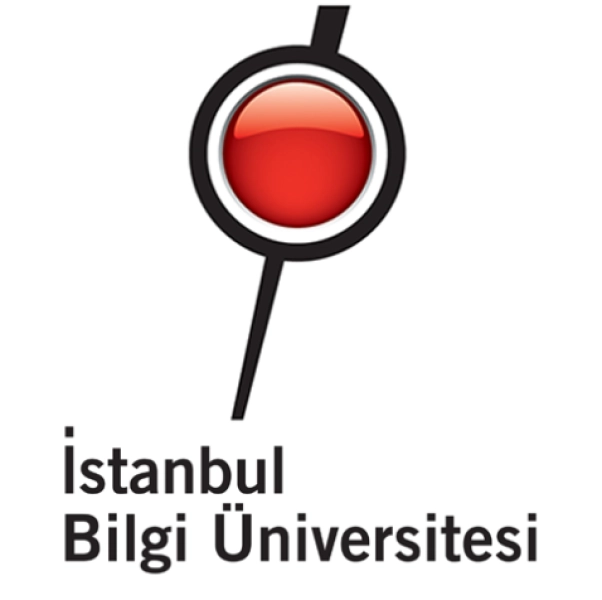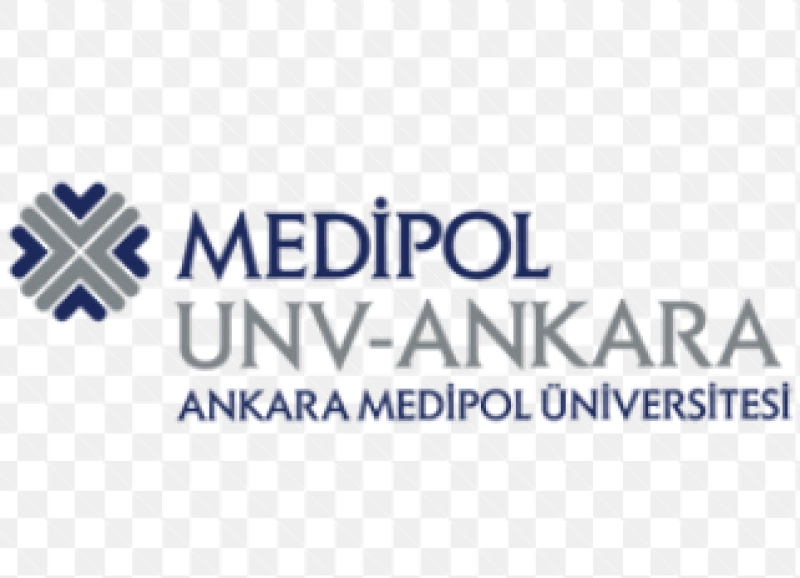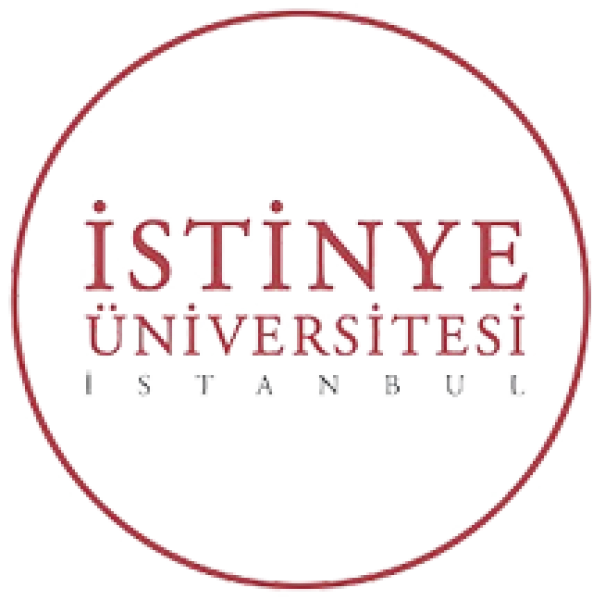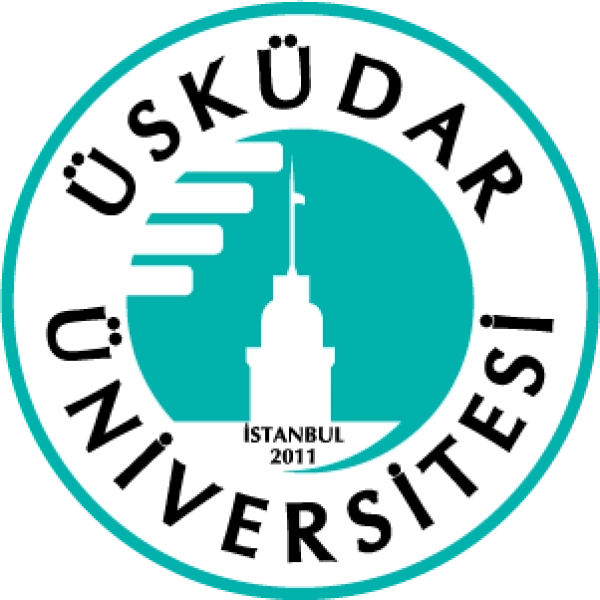College: Health Sciences
This specialization focuses on evaluating, treating, and managing physical disabilities through physical therapy interventions. Students develop skills in rehabilitating the musculoskeletal, nervous, cardiac, and pulmonary systems, preparing for careers as physical therapists in various healthcare settings.
Learning Objectives:
- Understand the fundamentals of physical therapy and rehabilitation sciences.
- Develop skills in assessing and treating physical disabilities.
- Learn to plan and implement rehabilitation programs.
- Explore the principles of musculoskeletal, nervous, and cardiopulmonary rehabilitation.
- Analyze and interpret patient data and rehabilitation outcomes.
- Develop critical thinking, problem-solving, and clinical skills.
Main Curriculum:
- Introduction to Physical Therapy and Rehabilitation
- An overview of key concepts and practices in physical therapy and rehabilitation.
- Basics of human anatomy, physiology, and kinesiology.
- Musculoskeletal Rehabilitation
- Principles and techniques for managing musculoskeletal disorders.
- Neurological Rehabilitation
- Principles and techniques for managing neurological conditions.
- Cardiac and Pulmonary Rehabilitation
- Principles and techniques for managing cardiovascular and pulmonary conditions.
- Pain Management
- Principles and techniques for managing acute and chronic pain.
- Patient Education and Health Promotion
- Principles and techniques for patient education and health promotion.
- Clinical Training
- Real-world experiences in physical therapy settings.
- Research Methods in Physical Therapy
- Principles and techniques for conducting physical therapy research.
- Capstone Project
- A comprehensive project applying skills in rehabilitation.
Assessment Methods:
- Rehabilitation plans, projects, studies, pain management plans, patient education initiatives, clinical training reports, research papers, capstone projects, group projects, and presentations.
Recommended Textbooks:
- "Physical Therapy and Rehabilitation" by various authors.
- "Musculoskeletal Rehabilitation" by various authors.
- "Neurological Rehabilitation" by various authors.
- "Cardiac and Pulmonary Rehabilitation" by various authors.
- "Pain Management" by various authors.
- "Patient Education and Health Promotion" by various authors.
- "Research Methods in Physical Therapy" by various authors.
Prerequisites:
Basic knowledge of anatomy and physiology and an interest in rehabilitation sciences.
Duration:
The typical duration for a bachelor's degree is 4 years. For advanced practice, a Doctor of Physical Therapy (DPT) degree is often required, which usually takes an additional 3 years.
Certification:
Graduates can obtain certifications from organizations such as the American Physical Therapy Association (APTA) or specialized certifications in fields like orthopedics or neurology.
Target Audience:
Ambitious physical therapists, rehabilitation specialists, and healthcare professionals seeking careers in hospitals, clinics, rehabilitation centers, and sports environments. This specialization equips students with the clinical, diagnostic, and rehabilitative skills to excel in physical therapy and rehabilitation, supporting careers in various healthcare settings.



